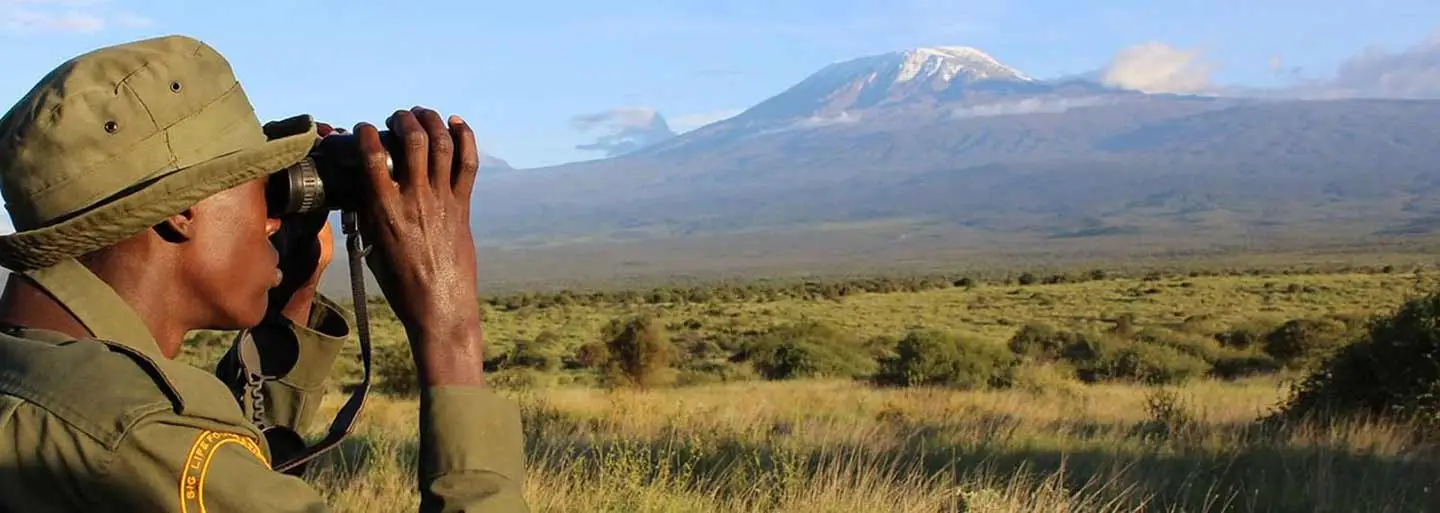Defra Report - Climate change and migratory species
6 October 2005. MIGRATORY BIRDS AND ANIMALS THREATENED BY CHANGING CLIMATE. Climate change could affect and disrupt breeding, hamper migrations, and increase disease transmission in migratory birds and animals, a new report has warned.
The report, Climate Change and Migratory Species, was commissioned by Defra and prepared by a group led by the British Trust for Ornithology, and draws together broad research on the effects of climate change migratory wildlife.
It found that all-female turtle populations might emerge as the sex of turtle hatchlings is determined by water temperature; a third of turtle nesting sites in the Caribbean could be lost to rising seas; there could be reduced birth rates in whales, and birds facing the long flight across the Sahara would be affected by the spread of the desert.
Biodiversity Minister Jim Knight welcomed the report, saying that it would inform new policies and programmes to help adapt to climate change.
"The report is sobering. It shows very clearly the devastating effect that climate change will have on migratory species, in Europe and across the world," he said. "Because they rely on such separated and often diverse habitats, migratory birds and animals seem to be especially vulnerable to the impacts of climate change. "They are among the first creatures to show us the effects of climate change on wildlife - some of the problems they are experiencing now are problems we can expect to see in other animals in the decades ahead.
"This report confirms that as well as continuing our efforts to address climate change, we also need to turn our energies to tackling its threats to our migratory species and helping them to adapt to a changed climate."
Mr Knight said that while climate change would be beneficial for some species, others were facing extinction.
Species found in arctic and mountain habitats, like polar bears, are under the greatest threat as they are already at the limit of available habitats. Unlike animals that can move to cooler climates, as these species' current habitats get warmer, there is nowhere else for them to go.
The report found that birds like the chiffchaff are now living in Britain all year round, instead of migrating south.
The UK will table a resolution calling for more international research into climate change at the Conference of Parties to the Convention on Migratory Species in Nairobi in November.
Humphrey Crick from the British Trust for Ornithology, one of the report's authors, said: "Our changing climate is already affecting a wide range of migratory species - from the Swallow crossing the Sahara to the albatrosses of the southern oceans - but this report shows
that the potential impacts are really widespread.
"There is some scope for helping species adapt to climate change, but we need to find global solutions to help animals that swim, fly and walk thousands of miles each year."
The full report can be downloaded from {www.defra.gov.uk/wildlife-countryside/resprog/findings/climatechange-migratory/index.htm}
Also available on this Portal: go to [LIBRARY] - [Climate Change] - [Vulnerability, Impacts, and Adaptation]



